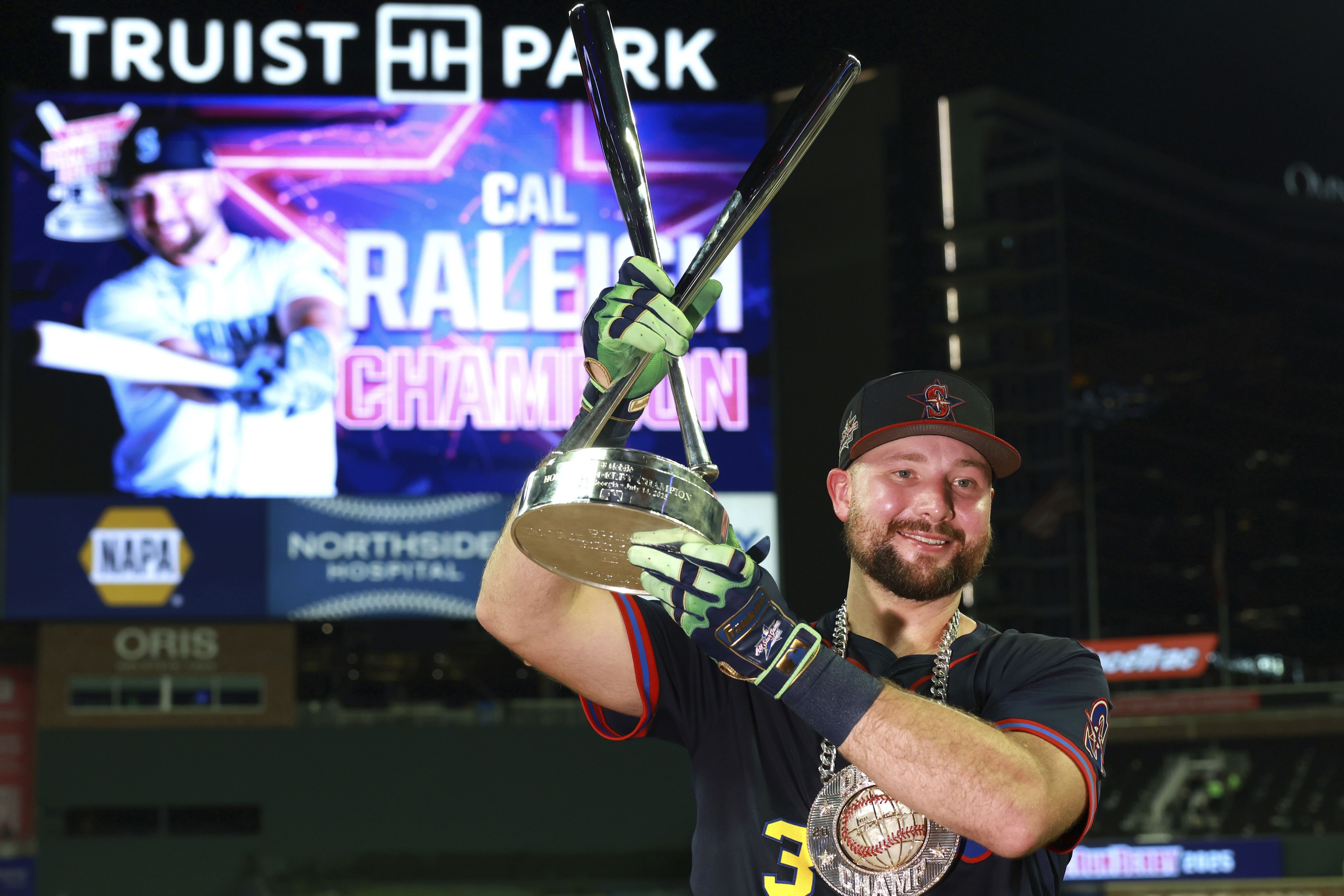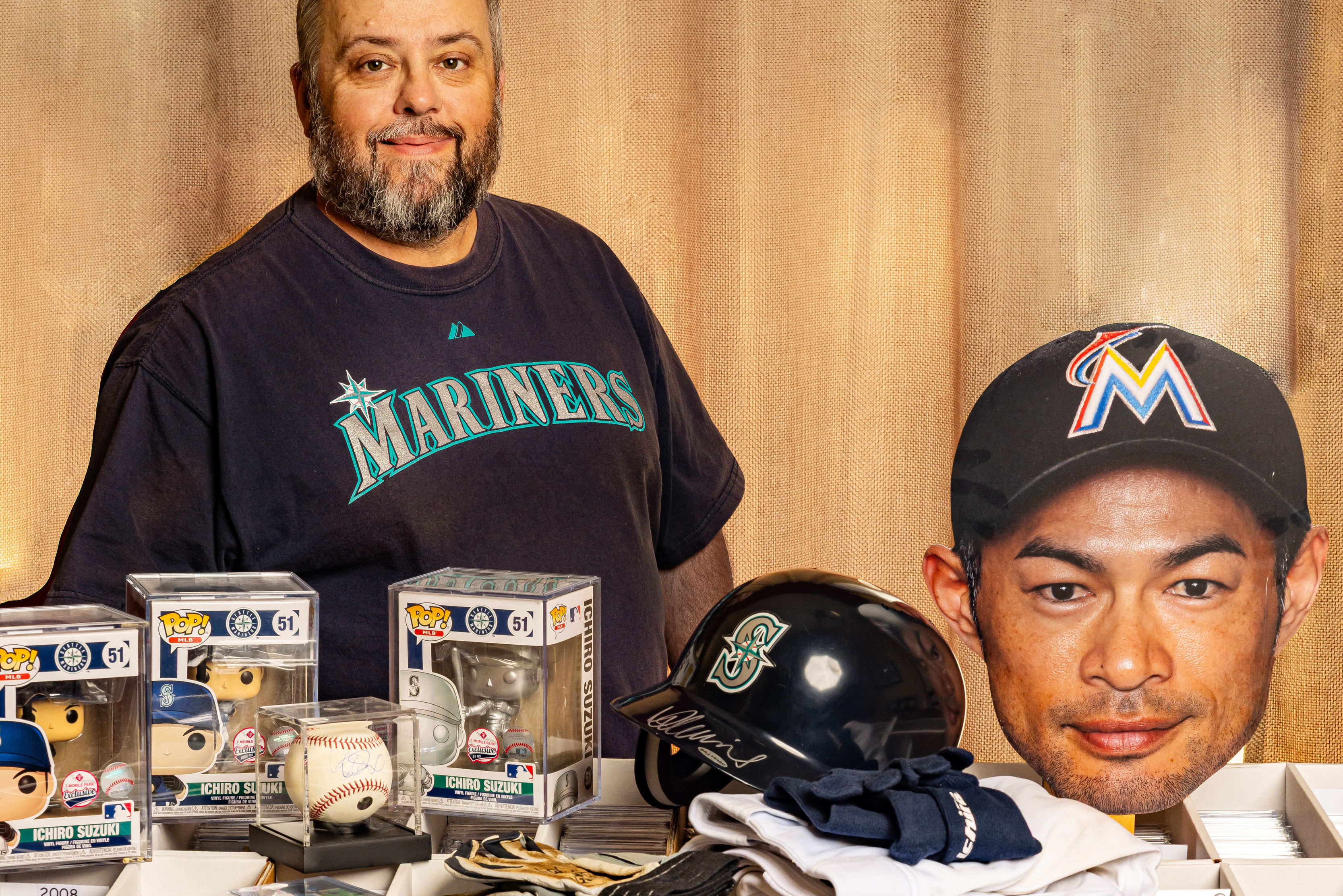One Question for the Seattle Times
The Seattle Times has defended its controversial decision to do a $75,500 independent expenditure ad campaign for GOP gubernatorial candidate Rob McKenna in its own pages (and to do a similar $80,000 in-kind ad campaign for the pro-gay marriage measure), by explaining that the ads are intended to prove that newspaper advertising still works.
One big question we have about their decision is this: How does the Times plan to prove that the ads were effective?
It would have been a more credible experiment if they had isolated a smaller, local race.
Given that millions of dollars are being spent in the governor's race and the gay marriage campaign on TV, how will they be able to get a read on, and present any convincing evidence about, the impact of some newspaper ads?
(It would have been a more credible experiment if they had isolated a smaller, local race—say the race between north Seattle state house candidates Jessyn Farrell and Sarajane Siegfriedt. Going to the mat for one of those candidates with an $80,000 spend could have demonstrated once and for all that newspaper ads work—or that they don't.)
The lack of clear metrics makes me skeptical about the Times's claim. I think they want McKenna and R-74 to win, and they realized their editorial page endorsements don't have much impact these days, and they needed to add some horsepower with a series of full-page ads. That sentiment likely dovetailed, anyway, with the sales team's pitch.
Unfortunately, the Times hasn't answered our questions about how they plan to gauge the success of the ads. So, we went to one of the advertisers themselves, the pro-gay marriage R-74 campaign.
If this was a legit experiment, the Times should have defined their metrics for success up front. No?
Did the Times come up with any measurable goals that could later be used to determine the ad's success?
Today's Cola "One Question" is for R-74: Did the Times present them with any measurable goals that could later be used to determine the ad's success?
R-74 campaign manager Zach Silk told us:
Obviously we’re grateful for the support. They didn’t make any promises. Under normal conditions we wouldn’t advertise with them but we didn’t think we had anything to lose—and it might make the difference. We have a good handle on our metrics; we have excellent consultants that help guide us. The Times is right though, most people don’t think that newspaper advertising is a good medium this late in a cycle.
Dameon Matule contributed to this post.



